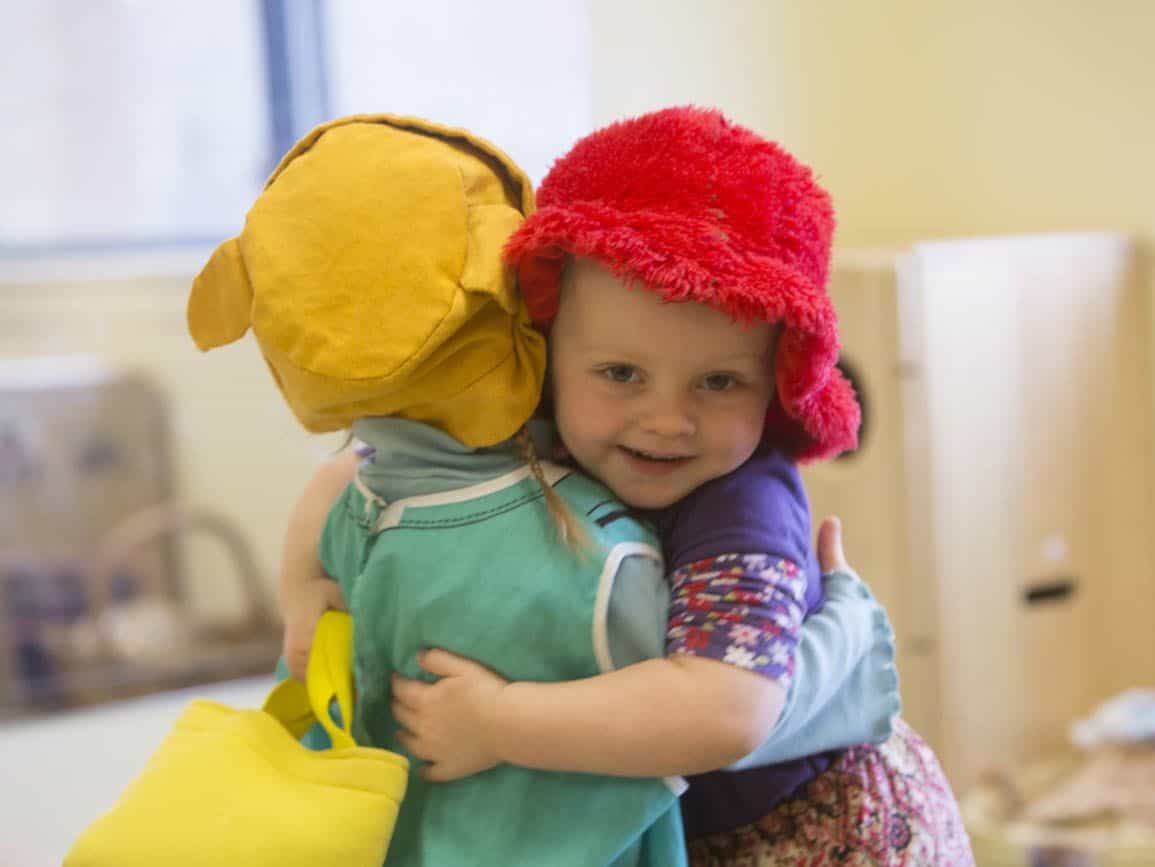What do you mean by imaginative play?
Imaginative play is sometimes referred to as make-believe and fantasy. The fantasy of being someone or something else is known as imaginative play. It occurs when your youngster imitates a real or imagined hero or persona. Role play and imaginary scenarios are commonly adopted in childhood play.
They could imitate a parent, a friend, a doctor, or a teacher they know. It may be a completely fictional character, such as a “deep-sea diving, fairy dust distributing veterinarian.” Children often put themselves in everyday scenarios such as playing shopkeepers and make believing a cinema. What matters is that your youngster is free to use their imagination without any restrictions or expectations.
Why is Imaginative Play Crucial for Early Years Development?
Below are five main benefits of imaginative play,
Develops creativity:
It encourages creativity by offering a secure environment for children to act out scenarios of their choice, including circumstances they would not experience in real life. For example, a 5-year-old may explore an outer-space expedition with her best friend through creative play. Art and many crafts depend on creative thinking so exploring imagination is incredibly valuable.
Social Development:
Learning social skills can be difficult. When children play, though, they have a natural method of relating and bonding. They learn to take turns, share, and collaborate due to their interactions. Your youngster will begin to grasp relationships when they engage in pretend play.
They have the opportunity to test societal boundaries. They grow more confident, connected, and self-reliant as their social abilities increase. Consequently, kids develop stronger bonds with their classmates.
Language Development:
Growing evidence supports the role of imaginative play in early language development in children. Communication is key in this sort of game. Children usually explain what they are doing as they are acting it out and rely on their verbal communication to create an agreed understanding of the parameters of the roles and setting with their peers.
Develops Problem-Solving Skills:
Creativity is required for excellent problem-solving abilities. Children imitate the real world when they play imaginatively. This develops their understanding of the world, and just like the real world, they will run into difficulties. They will often have to smooth things out within their world, identifying inconsistencies. Role-playing in this way help your child develop problem-solving abilities.
Helps in developing positive behaviour:
It provides parents with an enjoyable opportunity to educate their children on positive behaviour. Parents can put their children in settings where they can learn by accident. For example, when washing their doll, the parent could ask the kid questions, offer remarks, and address issues. These give the child important functional skills and the capacity to get through difficult situations with help.
Conclusion:
The value of pretend play is frequently overlooked. For pre-schoolers, pretend, or dramatic play is more than simply a game. Imaginative play has the greatest influence on developing critical abilities crucial for children’s success with peers.
It encourages creativity while also fostering social, emotional, and verbal development. So, your kid will learn to express themselves and form meaningful relationships via pretend play.






